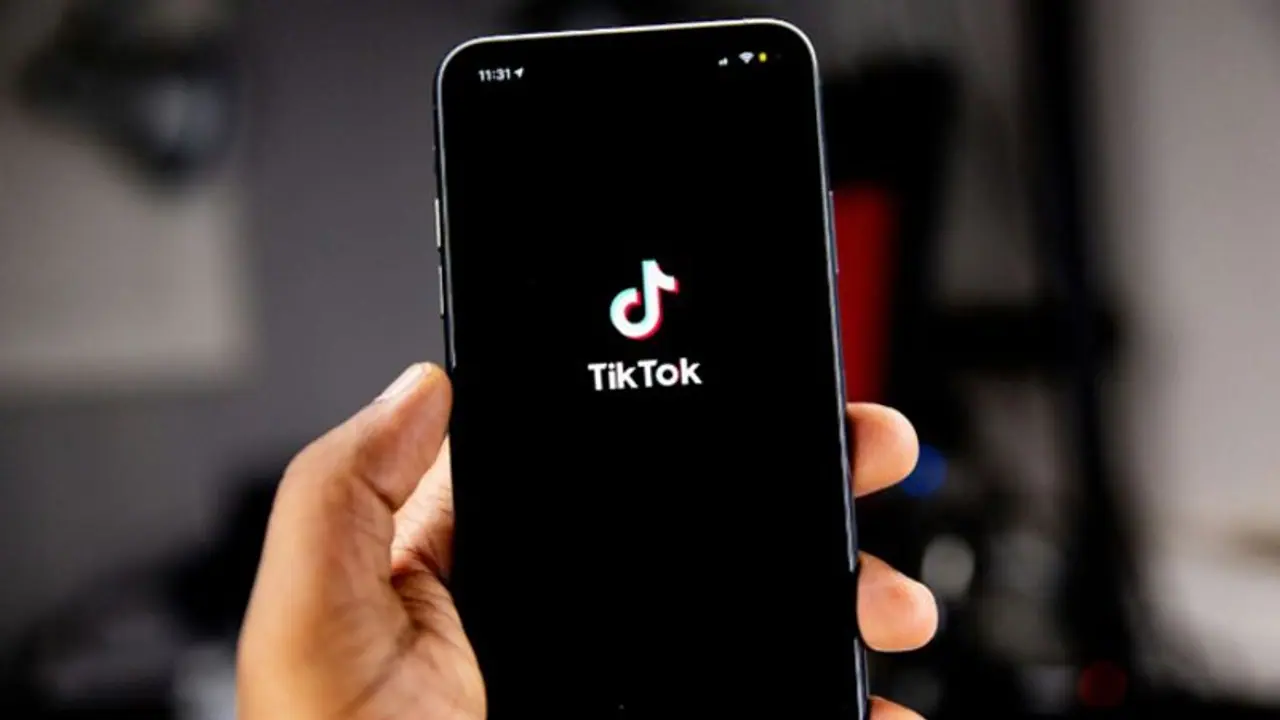A study by the Chinese Academy of Sciences reveals that short video usage negatively impacts elementary students' academic performance by reducing attention spans.
A recent study by the Chinese Academy of Sciences has revealed that excessive short video usage among elementary school students negatively impacts their academic performance. Published in the journal PLOS ONE, the study highlights how reduced attention spans, influenced by short video platforms like TikTok and Kwai, mediate this relationship.

The research involved 1,052 students from urban and suburban schools in Shenzhen, China, a country where academic achievement is heavily emphasized. Using questionnaires, academic records, and standardized tests to measure attention and performance, researchers sought to understand how short video consumption affects young learners and the potential role of parental media habits in this dynamic.
Key Findings
The study found a significant negative correlation between the time spent on short video platforms and students' performance in core academic subjects. It noted that students with higher short video consumption struggled to maintain focus on academic tasks, which led to poorer outcomes in standardized exams.
Attention-related challenges were identified as a critical factor. Researchers observed that frequent exposure to short video content, known for its fast-paced and engaging format, hampers children's ability to concentrate and shift focus effectively.
Parental behavior was also found to influence these outcomes. Parents with high short video usage were more likely to exacerbate the negative impact of screen time on their children. This could be due to modeling behavior, where children imitate their parents' habits, or reduced parent-child interaction, which affects the child's learning environment.
Interestingly, when parents reported low screen time, the adverse effects of children’s short video usage were less pronounced, suggesting that parents can play a crucial role in mitigating the impact of digital media.
Implications and Future Research
The findings underscore the importance of parental involvement and media literacy in managing children’s screen time. "The study provides practical guidance to schools and families and lays the groundwork for future research," the researchers said. They emphasized the need for innovative approaches integrating parental education with media literacy to improve children’s cognitive outcomes.
To strengthen these findings, the study calls for further research using longitudinal methods and objective behavioral measures, such as eye-tracking, to assess attention more accurately. Expanding the research to include diverse cultural and regional contexts would also enhance its applicability.
As short video platforms continue to dominate digital media consumption worldwide, this study serves as a wake-up call for parents, educators, and policymakers to address the potential cognitive and academic consequences of excessive screen time on young learners.
The study, “The relationship between short video usage and academic achievement among elementary school students: The mediating effect of attention and the moderating effect of parental short video usage,” was authored by Qiong Gong and Ting Tao.
